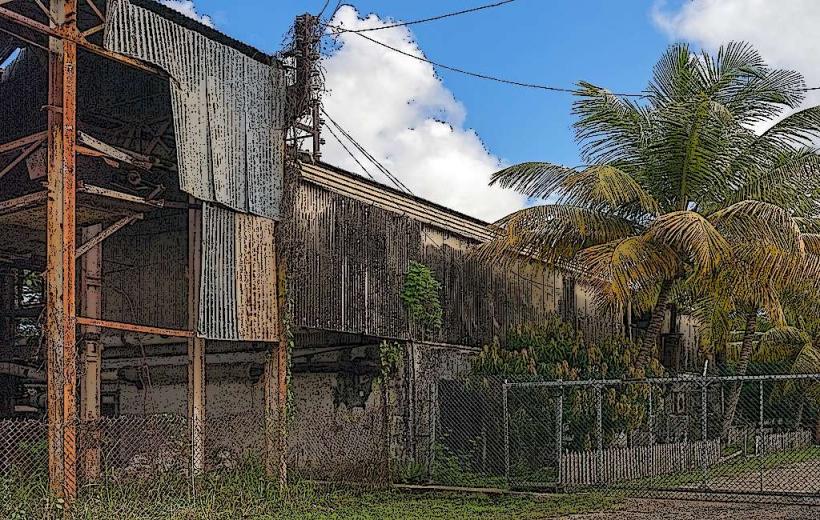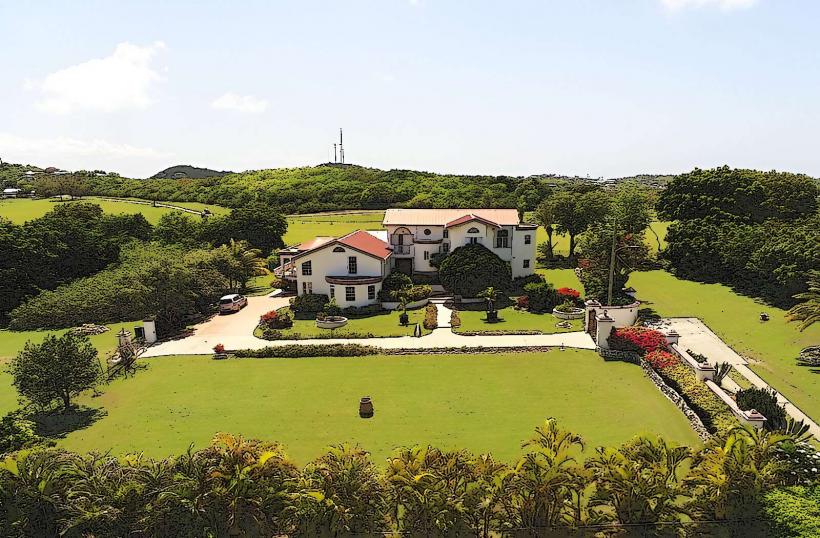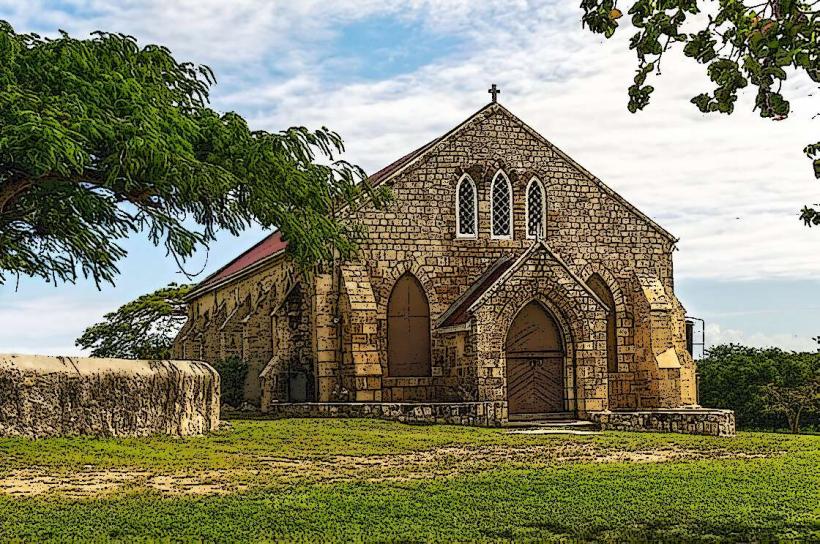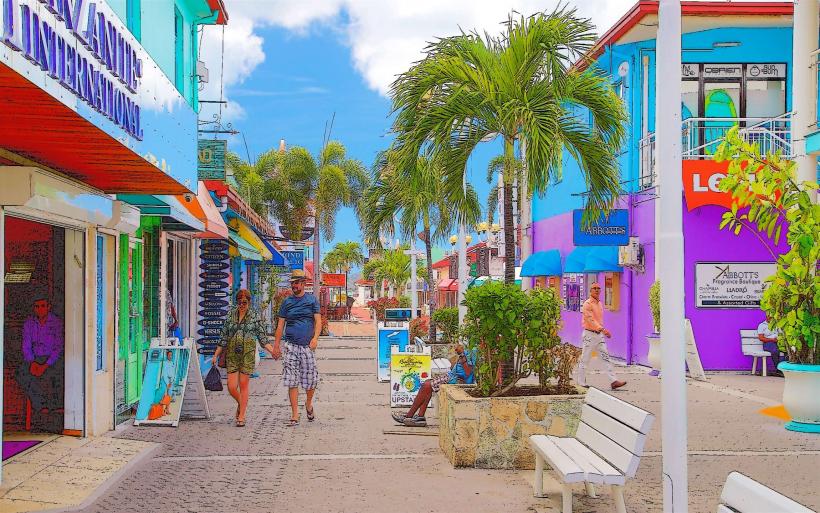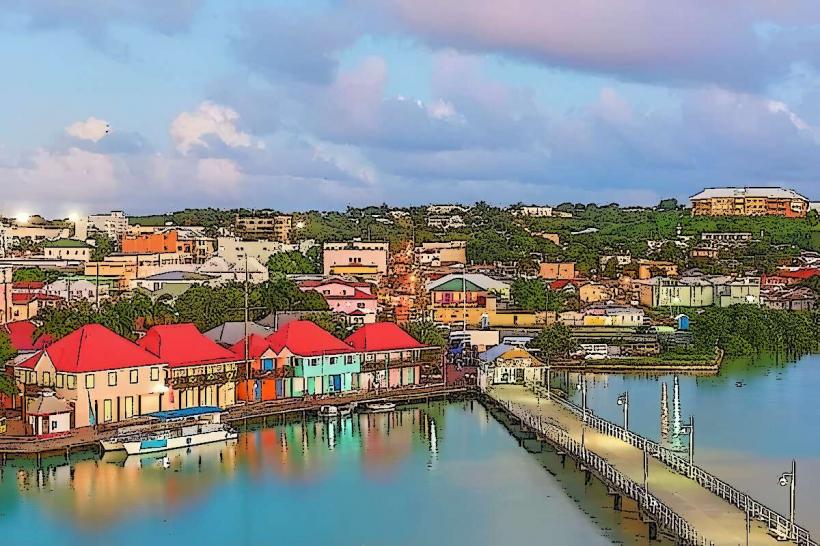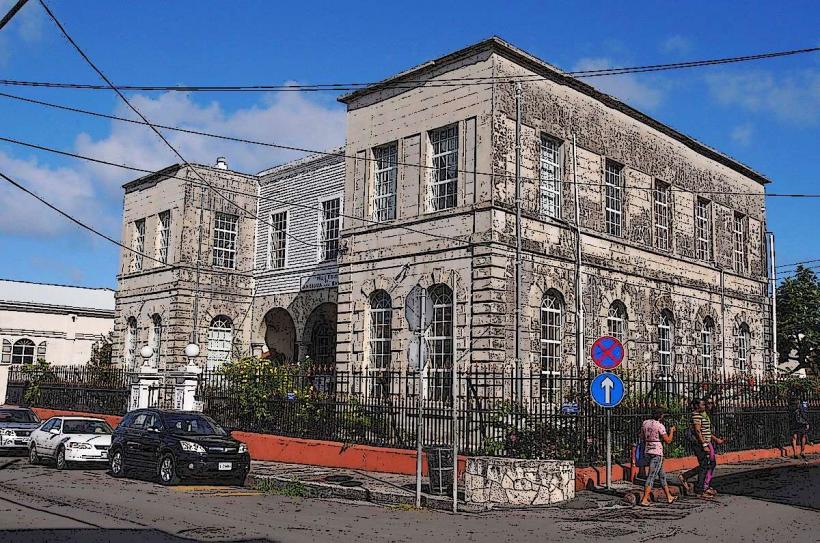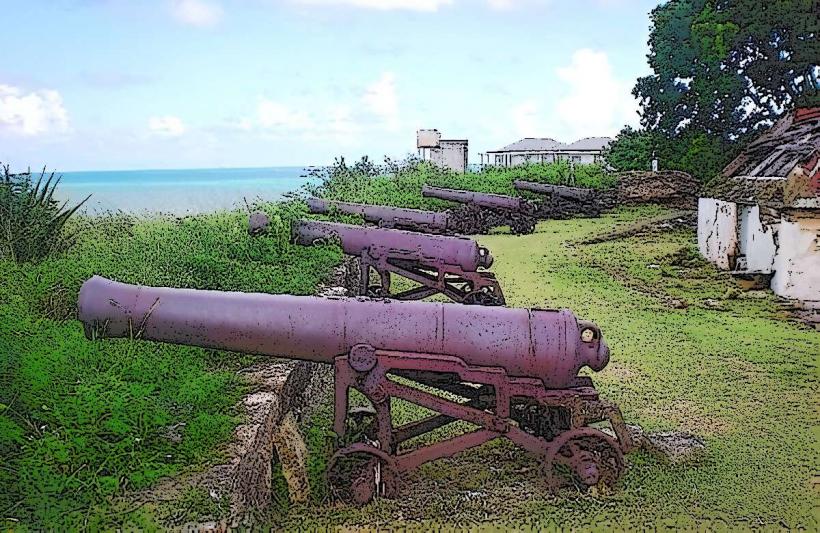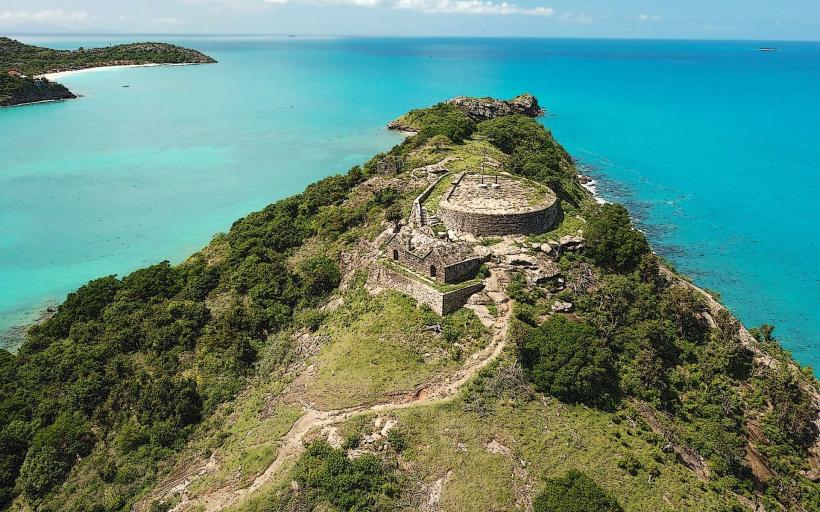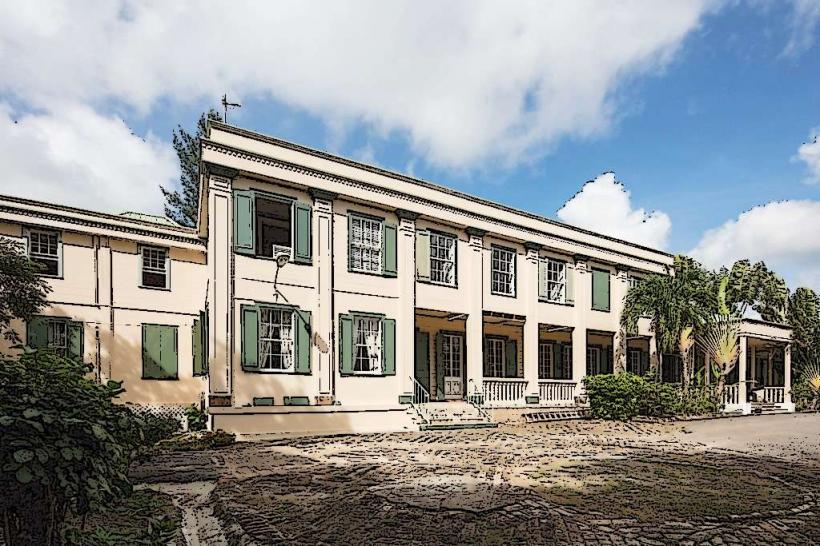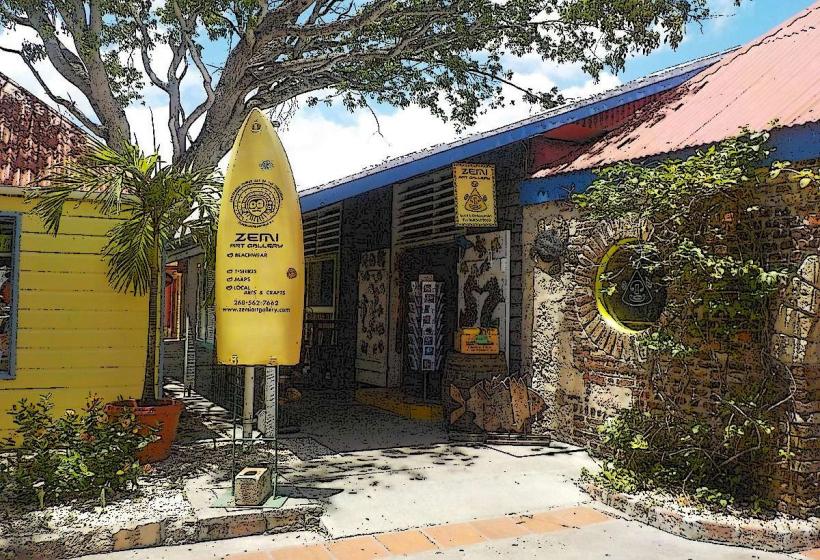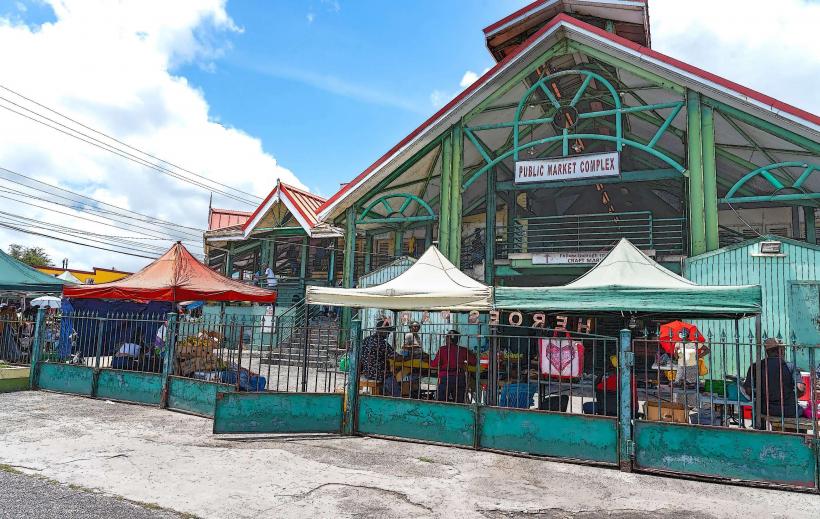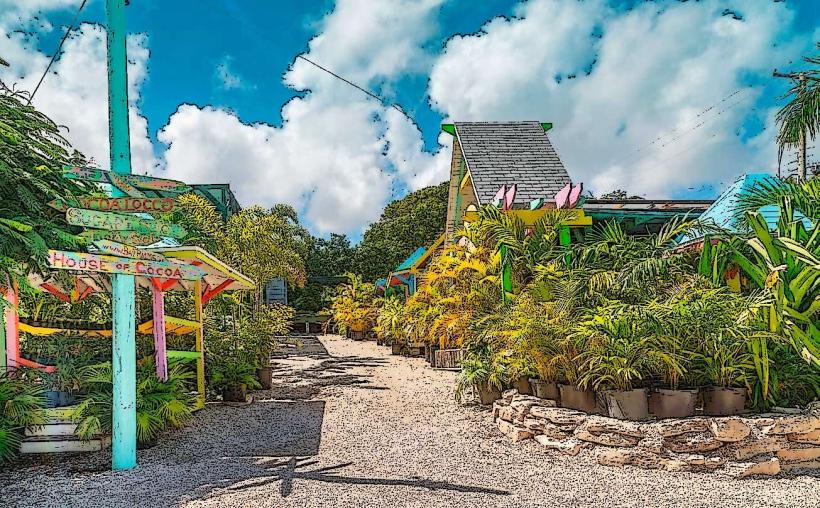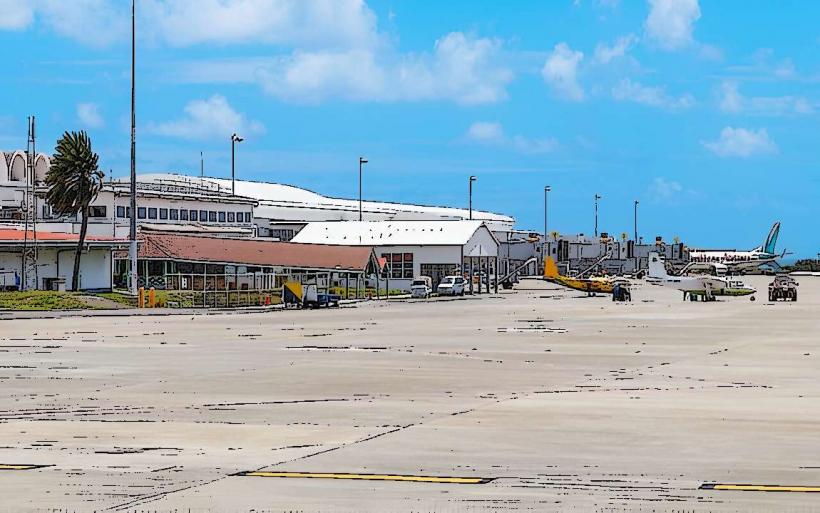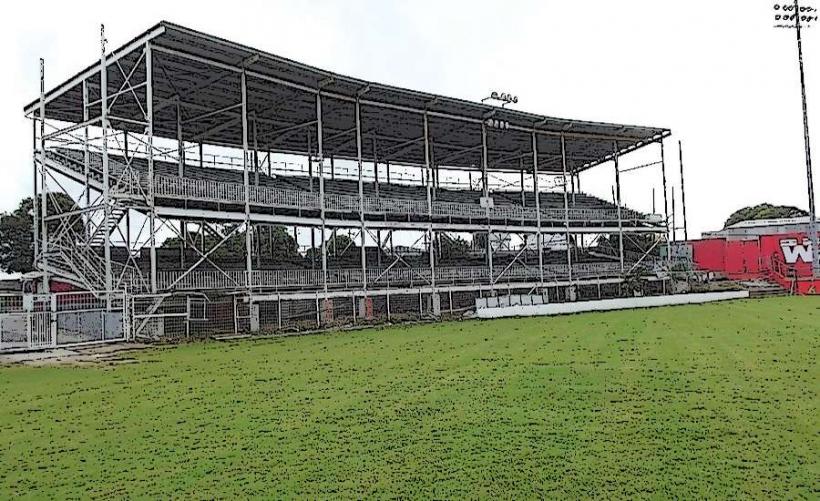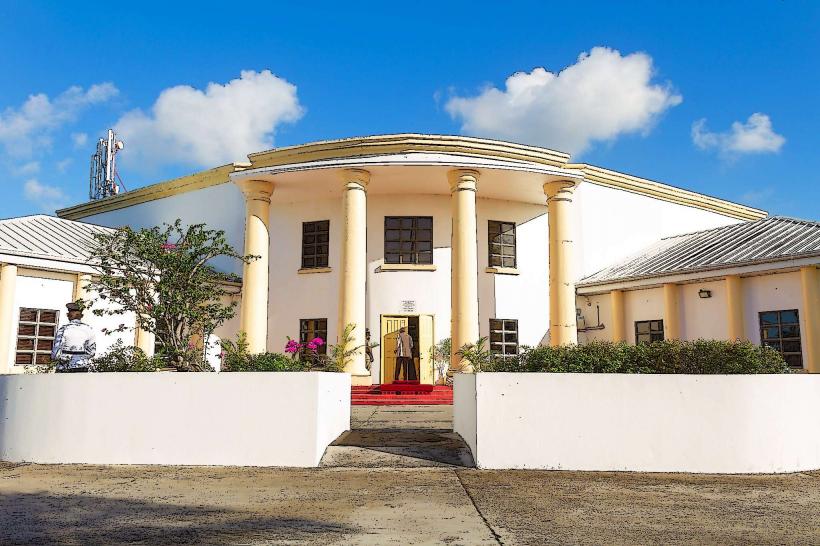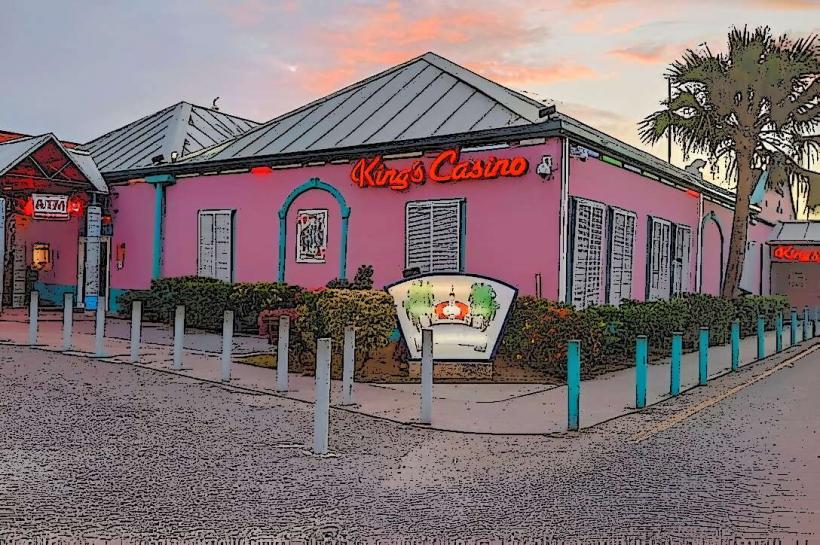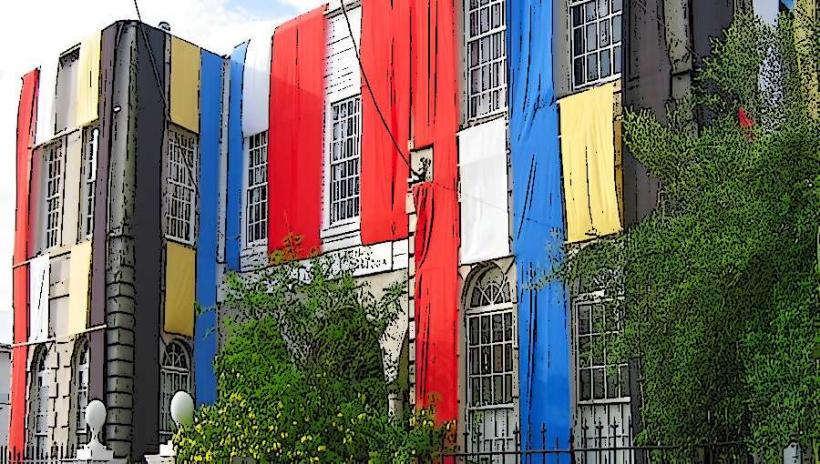Information
Landmark: St. John's CathedralCity: St Johns
Country: Antigua and Barbuda
Continent: North America
St. John's Cathedral, St Johns, Antigua and Barbuda, North America
St. John’s Cathedral, located in the heart of St. John’s, the capital of Antigua and Barbuda, is an iconic Anglican church with a rich history and stunning architectural details. It is a must-visit landmark for those interested in the island’s cultural and religious heritage.
Historical Overview
- Initial Construction: The first church on this site was built in 1681 as a modest wooden structure to serve the spiritual needs of the settlers.
- Reconstruction: In 1745, a larger stone building replaced the wooden church, but it was destroyed by an earthquake in 1843.
- Present Structure: The current cathedral, completed in 1847, was designed by architect Thomas Fuller, who would later become a prominent figure in Canadian architectural history.
Architecture
- Style: The cathedral showcases Baroque architecture with elements of neo-classical design, a rarity in the Caribbean.
- Twin Towers: The building is easily recognizable due to its twin white towers, which rise above the cityscape. These towers are constructed from freestone and capped with cupolas, giving the structure a unique and imposing appearance.
- Materials: The main body of the church is made from soft volcanic stone. To protect it from damage, the interior is supported by wooden structures.
- Iron Fence: Surrounding the cathedral is an ornate cast-iron fence with symbolic figures, including depictions of lions and unicorns, representing the British monarchy.
Interior Features
- Wooden Ceiling: The ceiling is vaulted and made of dark, polished wood, adding a warm and solemn atmosphere.
- Stained Glass: The cathedral boasts several stained-glass windows that depict biblical scenes and saints, adding a splash of color and reverence to the interior.
- Altar and Pulpit: The altar and pulpit are intricately carved and are among the focal points of the cathedral.
- Organ: A traditional pipe organ is present, which is used during services and concerts.
Significance
- Religious Role: St. John’s Cathedral is the seat of the Anglican Diocese of the North Eastern Caribbean and Aruba. It remains a place of worship and spiritual guidance for the local community.
- Cultural Landmark: Beyond its religious significance, the cathedral serves as a symbol of resilience and heritage, having survived earthquakes and hurricanes over centuries.
Renovations and Preservation
The soft volcanic stone used in the construction has made the cathedral susceptible to erosion and structural issues. Restoration projects have been undertaken to preserve its integrity, with the most recent efforts focusing on both structural stability and aesthetic restoration.
Visiting the Cathedral
- Location: It is situated on a hill in St. John’s, offering panoramic views of the city and harbor.
- Tourism: Visitors are welcome to explore the cathedral’s interior and its grounds. Guided tours often include historical insights into the cathedral’s construction and its role in Antigua’s history.
- Accessibility: The hilltop location may require some effort to reach, but it is accessible by foot, car, or tour bus.
Nearby Attractions
- Heritage Quay: A nearby shopping and leisure area with local crafts and international brands.
- Museum of Antigua and Barbuda: Located a short distance from the cathedral, this museum provides a deeper understanding of the island’s history and culture.
St. John’s Cathedral stands as a testament to Antigua’s historical resilience, combining spiritual significance with architectural grandeur. Whether you’re attending a service or simply marveling at its design, the cathedral offers an enriching experience for visitors.




